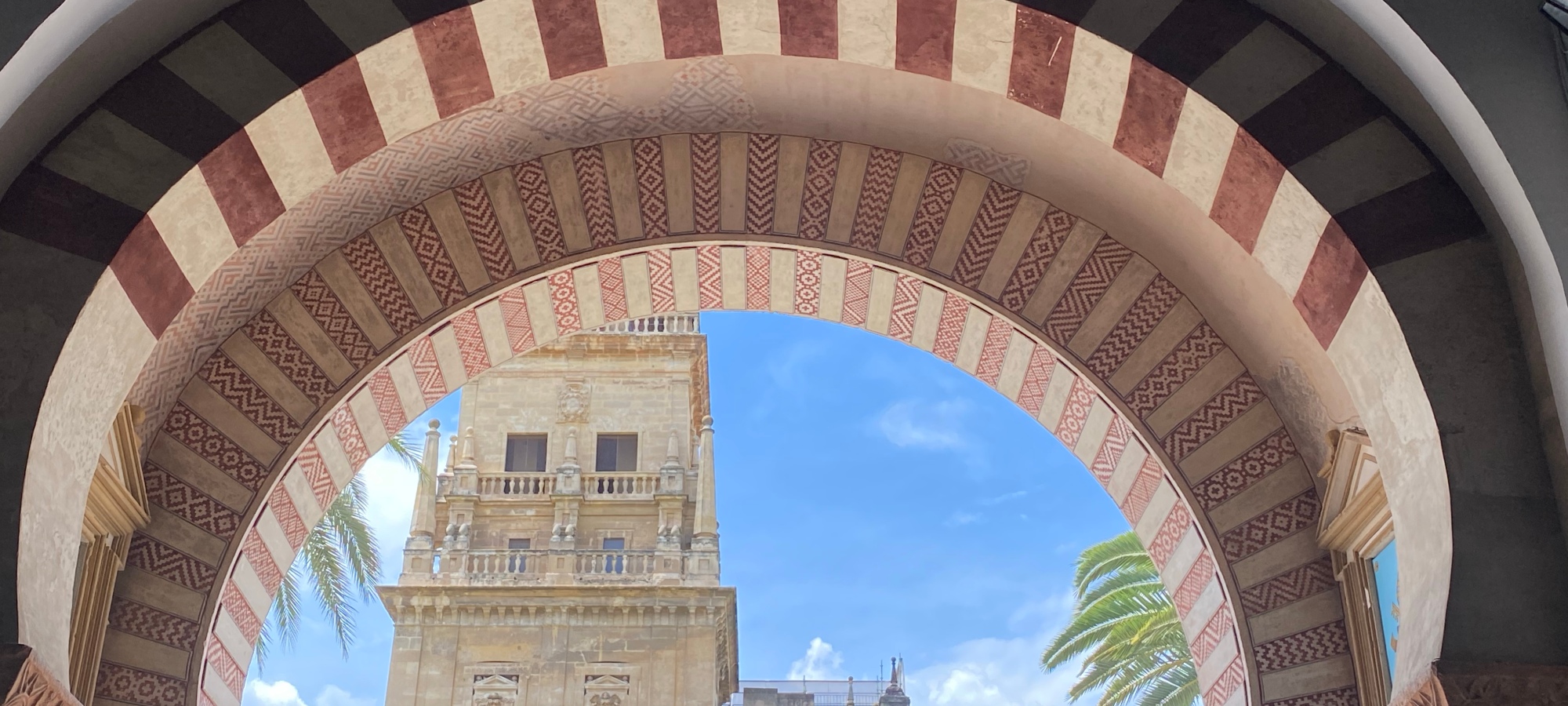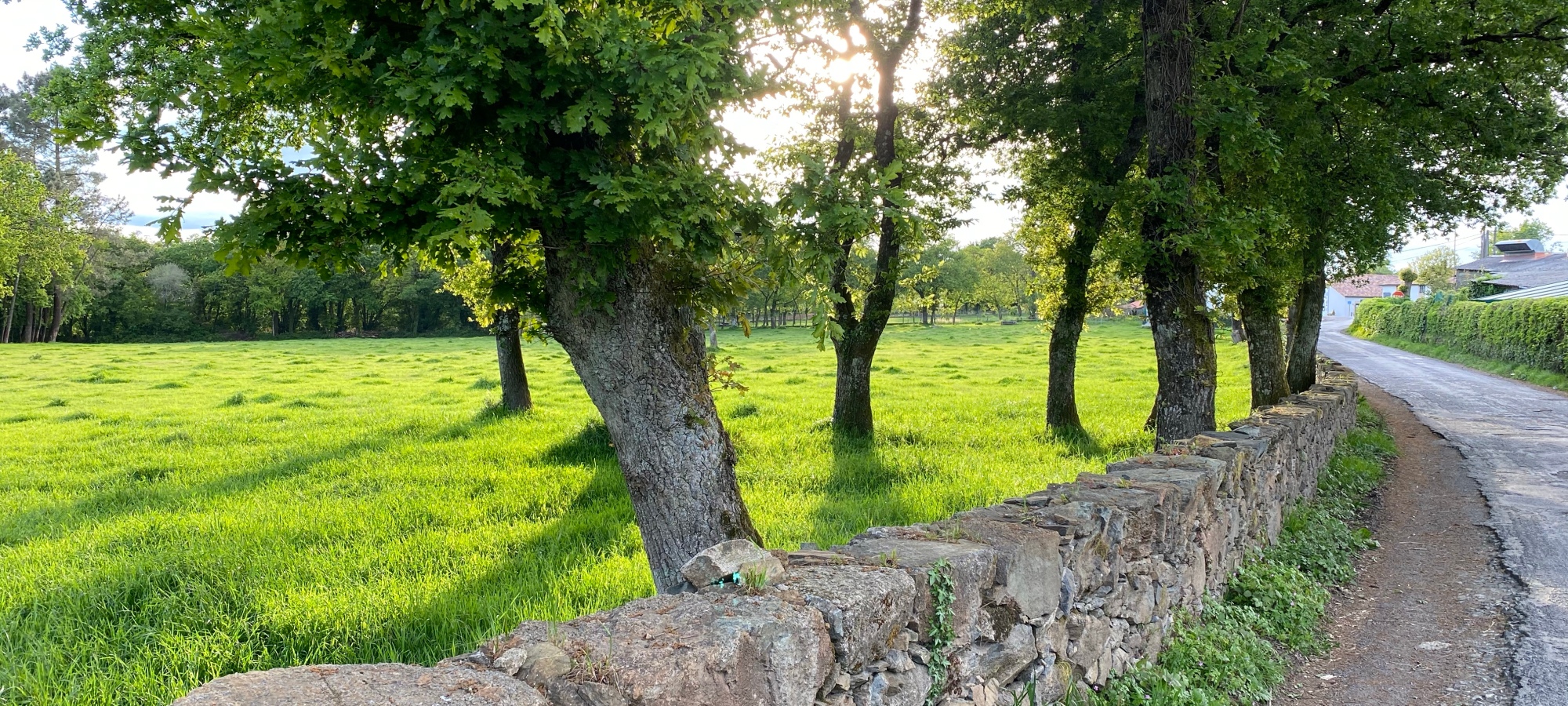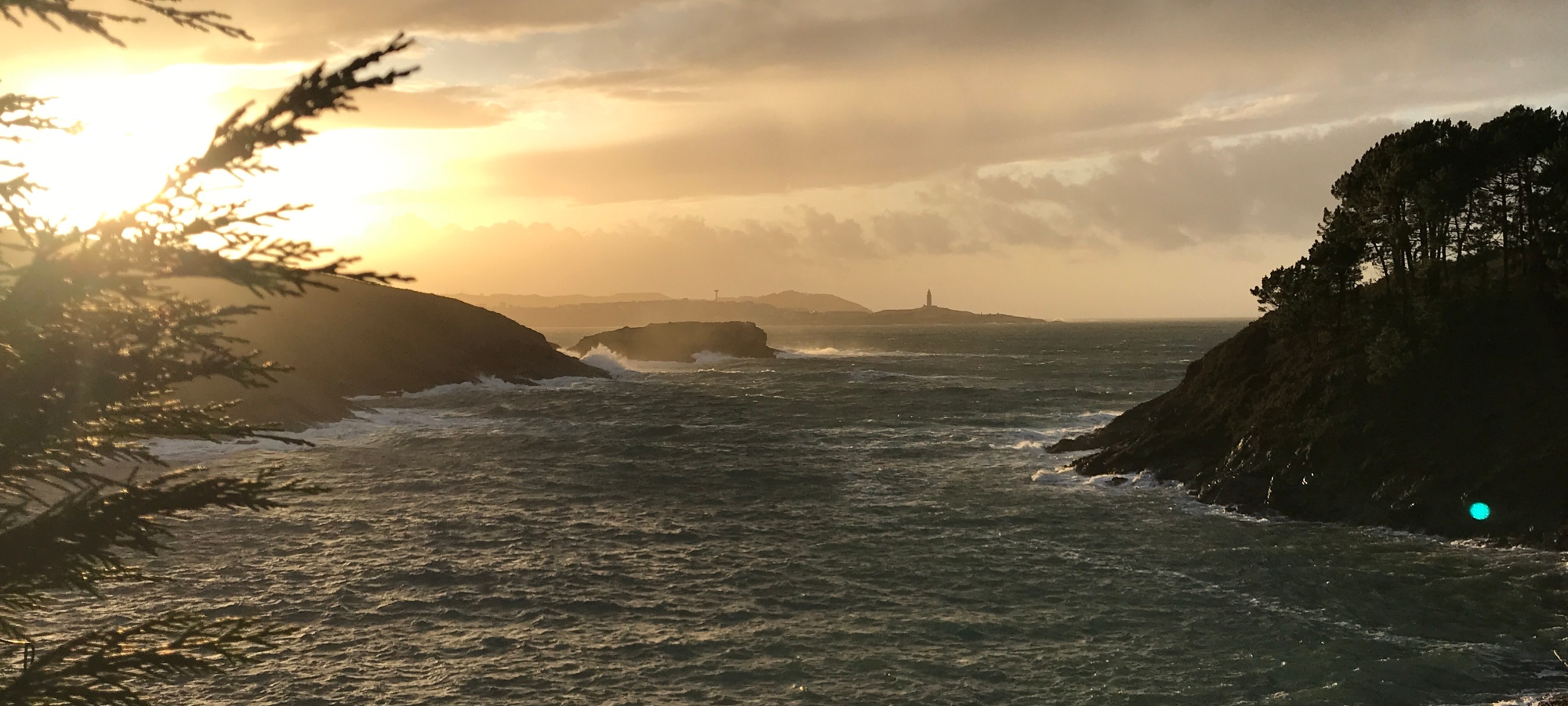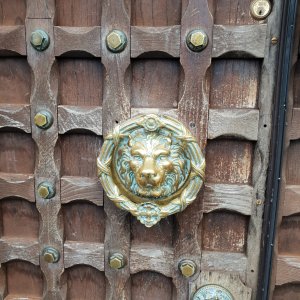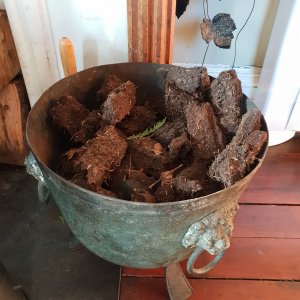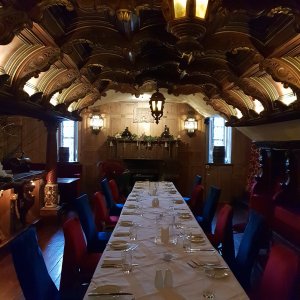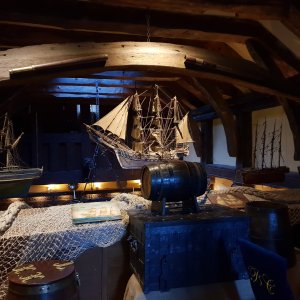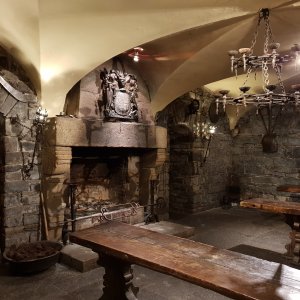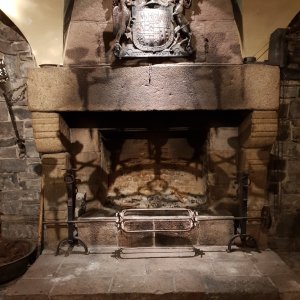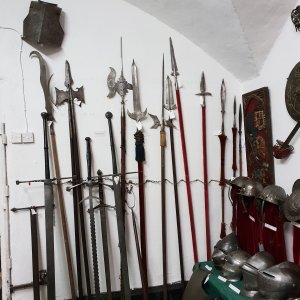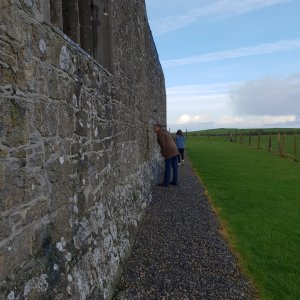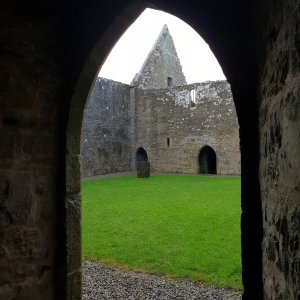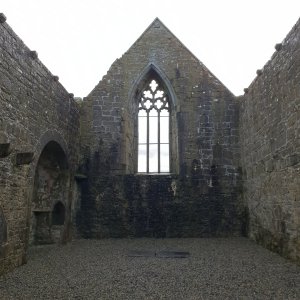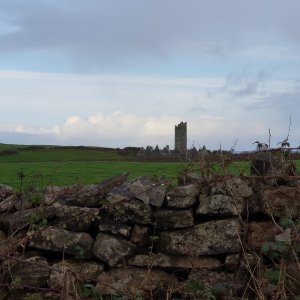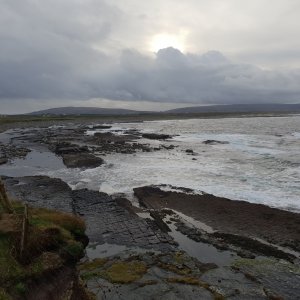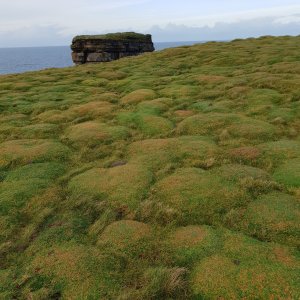Its Christmas Eve in County Mayo on the banks of Lough Conn (Loch Conn). Our home for the holiday this year is cold and drafty. Jeff has headed out for more fuel and I’m wrapped in a new wool blanket from the local Foxford Woolen mill.
Jeff and I went into the village to visit the local Lidl and get some last minute supplies. Nothing will be open tomorrow or the 26th, as its St. Stephens Day here. No Boxing Day in Ireland. So the village was packed with cars, shoppers and the local outdoor market taking up all the parking at the Tesco. Madness.

The woman at the local Supermarket asked if I was ‘home visiting your parents.’ I was a little confused.
‘Well, it’s pretty clear you’re Irish. You have the look.’ She gestered to Jeff, ‘He’s not Irish.’
When I told her that he has some Irish but mostly Norweigien she shrugged.
‘Yup. It’s the height and the tan gives’em away.’
Jeff looked surprised.
‘Well, at least you came back during the good weather. So mild this year.’
I had no idea what she could be talking about. It’s 4c outside. Spitting rain and fog so thick we could barely drive. If this is ‘good’ I’d hate to see what ‘bad’ looks like.
When I was little, my grandpa used to tell me I had the ‘map of Ireland’ written on my face. But he also used to tease me that each of my million freckles were a kiss from a different boy. So there you go. I was 8, so I’m pretty sure he wasn’t implying anything untoward.
Before the holiday I got back edits & suggestions for my novel from my editor in the UK. She said ‘You’re a very talented story teller. This book will sell if we can shape it.’ Then she gave me about 10,000 edits and asked me to cut 30k words so believe me when I say my ego isn’t growing any bigger. But being in Ireland has opened my eyes as to how I came to be what I am.
I’ve always felt a little strange in the world. Not like normal people in the area where I grew up. I will use 10 words to answer a question when others will use 2 or 3. But go into any shop, pub, or asking directions from a policeman here, and its clear that prolific story telling is in the DNA.
And laughter. They laugh here alot, and smile while walking down the street. Greeting strangers as friends. We’ve been wished a Happy Christmas by countless people. They don’t seem to know the meaning of ‘Seasonal Effective Disorder’ even with all the clouds and rain. So I am how I am because of my genes. I’ve just got too damned much Irish in me! It can’t be helped.

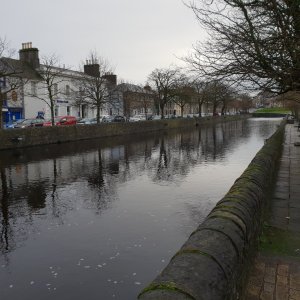

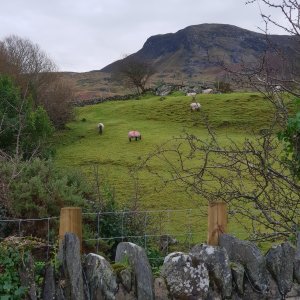
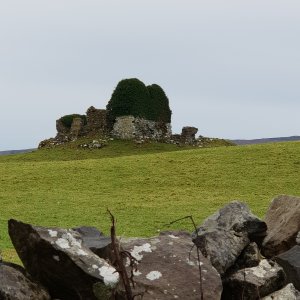
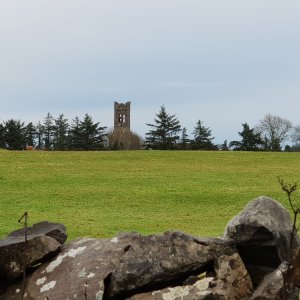
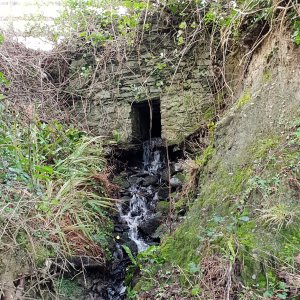


And I know it’s not just in this area. Yesterday, we ventured down to Westport (see the pics). Its a lovely little town south of here about halfway to Galway. I wanted to see where the legendary pirate and first/last female chieftain of an Irish clan, Grace O’Malley, was born/based in the 1500’s. The woman had big brass ones and I feel a strange kinship to her. But the people of Westport are like that too. Smiley and open-hearted.
So, as I sit here this Christmas Eve listening to actual cows lowing in the fields next door; stoking a coal and peat fire under my wool shawl, I think I’ve landed in a country where the general population gets me. And I totally get them – even if I struggle at times to understand the lingo. I’d say this year I have alot to be grateful for.
Happy Christmas, everyone. From our family to yours. I hope you are enjoying a warm fire and are surrounded by people who appreciate and celebrate all that you are. And like me, no matter how strange that may be. Cheers!
